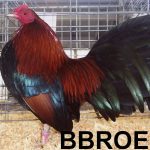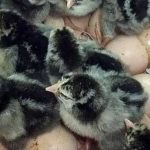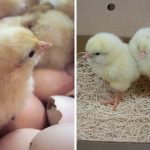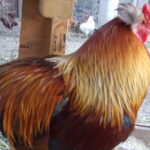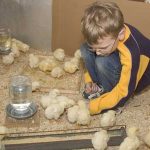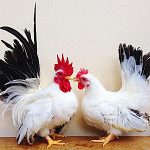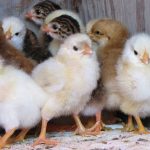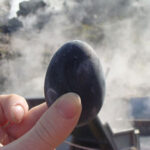
The internet is rife with photographs of eggs from chickens and other poultry that have black shells. Are they a trick of the imagination? Poor photographic lighting? Or true poultry eggs with inky shells? If so, which poultry breed lays a black egg? Maybe Ducks Among ducks, the Cayuga sometimes lays eggs with black shells. […]
Continue Reading
